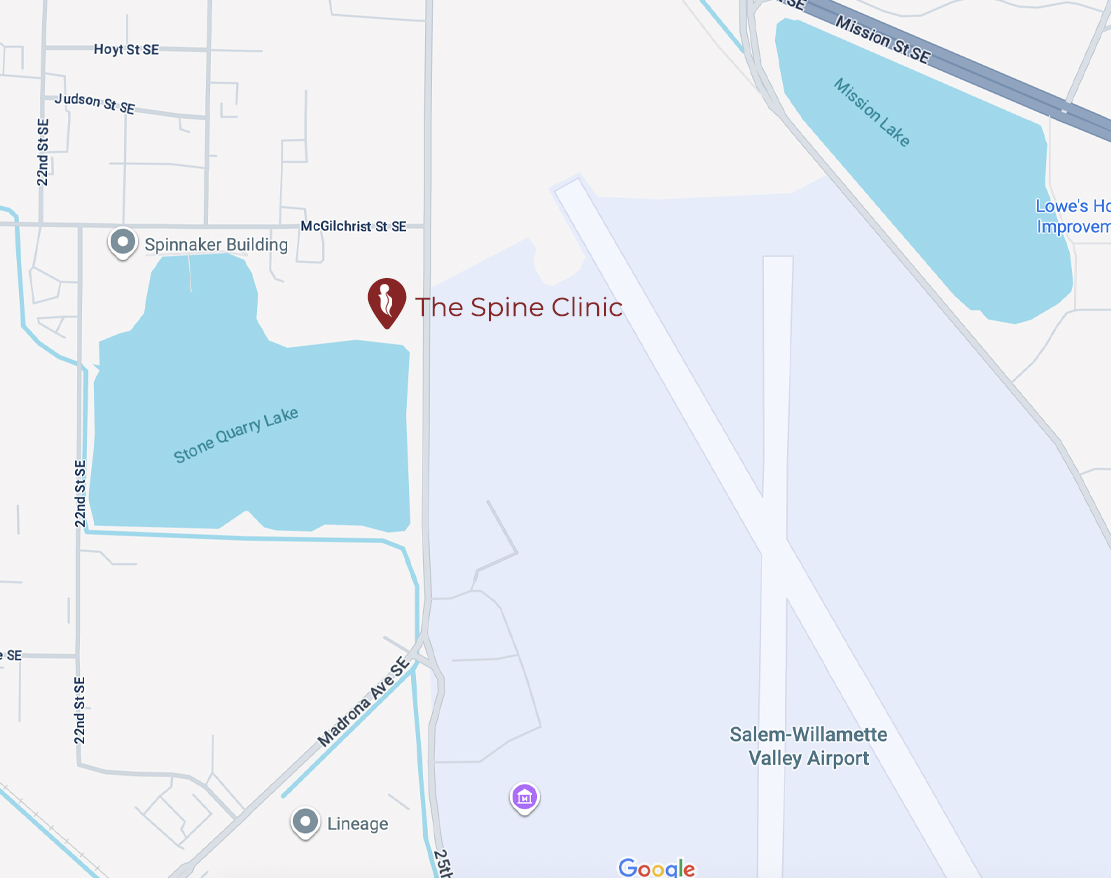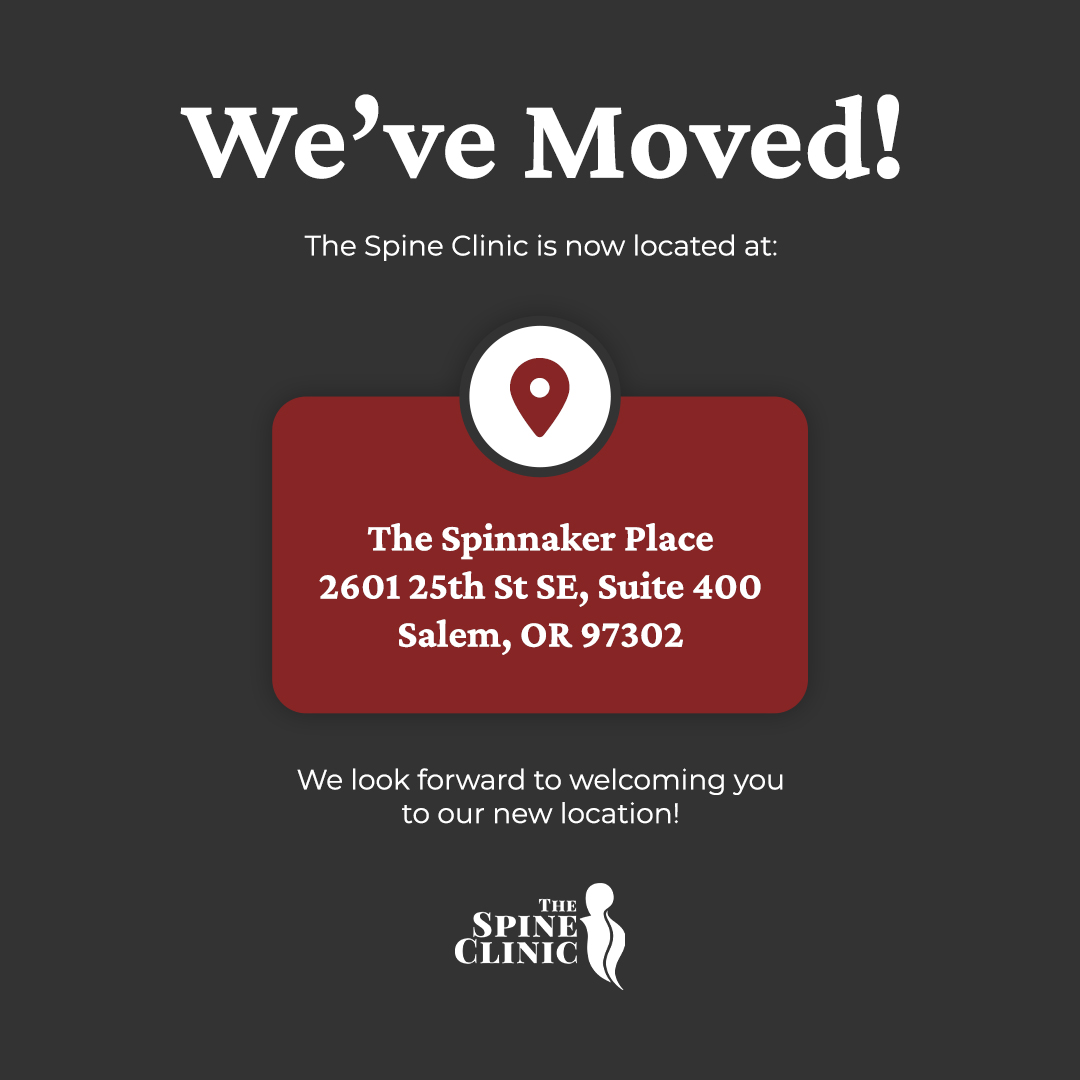Carpal Tunnel Syndrome, sometimes referred to as CTS, is a painful nerve injury that interferes with the lives of countless people around the globe every year. It is caused by the compression of the median nerve, which is the main nerve that runs down the forearm to the hand and is responsible for transmitting messages from the brain to the limb and vice-versa. Fortunately, there are numerous treatments that can alleviate the suffering and other symptoms experienced by patients with CTS. One of the most effective solutions for Carpal Tunnel Syndrome is to visit a chiropractor.
Causes of Carpal Tunnel Syndrome
The most common cause of CTS is repetitive movements that place strain onto the tendons in the forearm and wrist. These tendons then become inflamed. The subsequent swelling compresses the carpal tunnel – a narrow sheath of tissue that covers the median nerve. Carpal Tunnel Syndrome is most often associated with heavy computer usage, but any activity that requires small, repetitive and continuous movements of the forearm and wrist can result in CTS.
Although CTS can affect anyone, you are more likely to develop the condition if:
- You’re pregnant
- You’re overweight
- You suffer from illnesses such as diabetes or arthritis
- You have close family members who have CTS
- You have previously injured your wrist
Symptoms of Carpal Tunnel Syndrome
The symptoms of Carpal Tunnel Syndrome usually develop gradually over time, which often means that the condition is fairly well established once professional support is sought. In the first instance, patients may feel the need to ‘wake up’ their hands in the morning, by shaking them out to regain all feeling in them. They may also experience painful hands during the night, sometimes so severe that the discomfort wakes them up and make it difficult for them to get back to sleep.
Pain and numbness are also to be expected. This occurs because of the mixed messages transmitted between your brain and arm/hands. Other neurological symptoms of this type include tingling, coldness, burning and pins and needles.
As CTS progresses, patients may go on to experience loss of sensation and control in the fingers and hand, and this can make certain activities difficult, such as gripping and controlling objects, doing up buttons, typing or opening a jar.
Chiropractic treatment for Carpal Tunnel Syndrome
Chiropractic treatment is now more popular than ever and has been shown to be effective in helping to reduce the symptoms of CTS. One of the biggest advantages of choosing chiropractic care for any musculoskeletal problem, including CTS, is that it is entirely non-invasive. This means that there is no recovery period and patients rarely experience any pain (some discomfort during or after chiropractic care can occur, but patients do not need medication to manage it).
There are several distinct ways in which chiropractic care can help with Carpal Tunnel Syndrome.
Manual manipulation of the upper body
Misalignment in the spine can be a contributing factor in the development of CTS. Chiropractic adjustments, which are also known as manual or spinal manipulations, are sudden, controlled movements that are designed to rebalance the spine with the intention of improving your body’s physical function. In doing this, other trapped nerves and tendons can be released, and the flow of oxygenated blood is stimulated, helping to reduce inflammation and associated pain.
Ultrasound therapy
Some chiropractors use ultrasound to help alleviate problems such as CTS. Ultrasound therapy uses low-energy sound waves that target the body, relaxing the muscles, alleviate pain and reduce inflammation.
Advice and support
Chiropractors have received special education and training in other ways to support patients too. Your chiropractor will be able to advise you about aids that can help to reduce your symptoms and prevent further occurrences of CTS, such as using wrist supports which keep wrists and forearms in the proper alignment. You may be recommended to try different, ergonomic computer keyboards, a vertical mouse and be given hand/wrist/arm exercises to prevent further problems from developing.
If you have further questions about Carpal Tunnel Syndrome, or if you would like to arrange to be assessed by our expert chiropractic team, please get in touch with our office.









